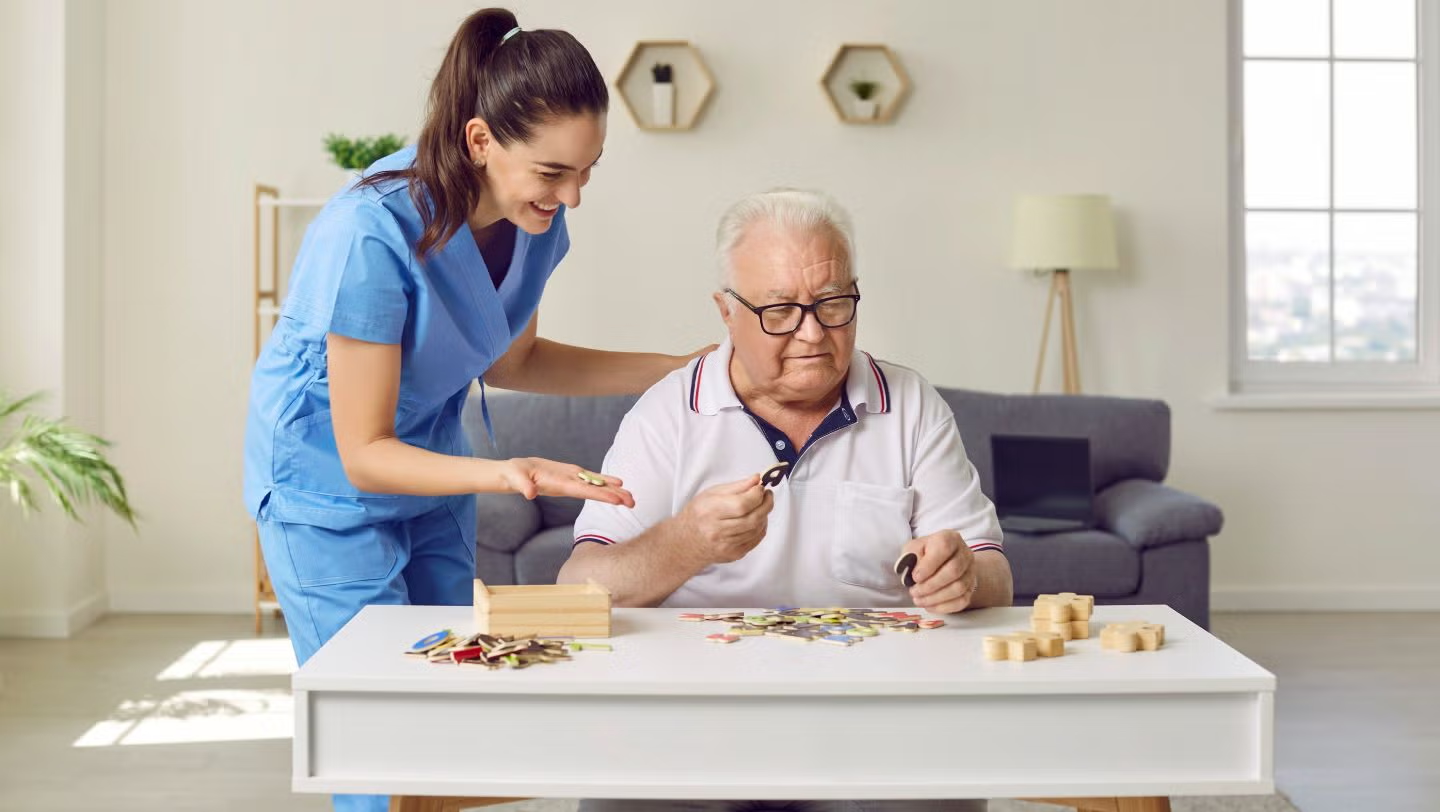Growing Role of Home Care in Supporting Aging Seniors
More seniors in the USA are choosing to age at home. They want comfort. They want independence. They want to stay close to familiar rooms, memories, and surroundings. Home care services make this possible by bringing support directly to the senior. This reduces stress and helps older adults feel stable in a space they know and trust.
Families often prefer this option because it avoids sudden lifestyle changes. Seniors do not have to adjust to new settings. They stay in homes that reflect their identity. This sense of belonging plays a major role in emotional well being.
In many cities, families depend on professional caregivers for reliable support. Some even reach out to services like a Memory Care Service in Georgetown, TX when they need trusted assistance that fits different levels of care.
Personalized Assistance Designed Around Daily Needs
The most important part of home care is flexibility. Seniors receive care that matches their abilities, not a preset routine. Caregivers adjust tasks based on what the senior can still do independently. This preserves dignity and encourages control over daily life.
Some seniors only need help with simple tasks like dressing or light cleaning. Others require more support with bathing or mobility. Home care teams create plans based on strengths and preferences. These plans change as needs change.
Emotional Benefits of Individualized Routines
Familiar routines help seniors feel safe. When a caregiver prepares meals at the same time each day, or leads morning activities that follow a pattern, seniors feel calm. Predictability reduces confusion. It also builds trust between the senior and the caregiver.
Consistency matters for emotional health. Caregivers learn the senior’s habits, comfort zones, and communication style. This creates a relationship that feels personal, not clinical.
Safety Measures That Bring Families Greater Peace of Mind
Safety is one of the biggest concerns for aging adults. Falls, medication errors, or unnoticed health changes can lead to emergencies. Home care teams focus on preventing these situations through attentive and well trained support.
Caregivers observe subtle changes in mood or mobility. If a senior becomes weaker, confused, or withdrawn, caregivers notice quickly. Families feel reassured knowing someone is keeping watch.
Fall prevention is also a major part of home care. Caregivers guide seniors through safe pathways, help with walking, and keep surfaces clear. Many seniors feel more confident when someone is nearby to support them.
Medication schedules often overwhelm families, but caregivers simplify this. They offer reminders and help seniors stay on track.
Strengthening Well Being Through Social and Emotional Support
Companionship is a powerful form of care. Seniors feel happier when someone listens, talks, and shares time with them. Caregivers provide this support naturally. A friendly conversation can brighten a senior’s mood in minutes.
Regular social interaction also reduces the risk of isolation. Many seniors feel lonely when family members live far away or work full time. Home care fills this gap by offering daily human connection.
Activities That Promote Mental Stimulation
Caregivers often introduce simple and enjoyable hobbies. These activities help keep the mind active.
Activities may include:
- Light puzzles or memory games
- Gentle crafting or reading sessions
These tasks stimulate mental engagement. They also create moments of joy.
How Home Care Helps Families Stay Connected and Reassured
Families want to stay involved in their loved one’s care. Home care encourages this. Caregivers talk with families about daily updates. They share changes in sleep patterns, appetite, or behavior. This helps families make informed decisions about future needs.
Many home care agencies use communication tools that allow families to track progress. Families feel closer to their loved one even when they cannot be physically present. This communication builds trust and reduces worry.
Flexible Care Options That Adapt as Needs Change
Care needs often shift over time. Home care offers multiple levels of support. Some families start with part time visits. Others request full day or overnight care. When the senior begins to need more help, services can increase.
This gradual progression keeps seniors safe without overwhelming them. They adjust naturally as care hours expand. Home care allows families to choose support that matches their budget and the senior’s comfort level.
Why Professional Caregivers Are Key to Long Term Comfort
Caregivers are trained in senior care techniques. They understand safety steps, mobility support, nutrition needs, and communication skills. Their training helps them react to challenges with calm and patience.
Respect is also a major part of their work. Caregivers treat seniors as individuals with personal histories and preferences. This respectful approach builds a sense of trust. Seniors feel valued. They feel seen.
These relationships grow stronger over time. Many seniors look forward to their caregiver’s visits. Familiar faces bring comfort and reduce anxiety.
Choosing the Right Home Care Support in the USA
Families should choose home care providers with reliable experience and strong communication. The right agency listens to the family’s concerns. They also offer clear plans tailored to the senior’s needs.
Important qualities to look for
- Caregivers trained in senior safety and mobility support
- Flexible plans that adjust as needs change
Families should also ask about emergency procedures, scheduling options, and caregiver background checks. These details help ensure long term comfort and peace of mind.
The right home care service gives seniors a chance to age with dignity. It brings support into the home without taking away independence. For many families across the USA, this becomes the most comforting path forward.
